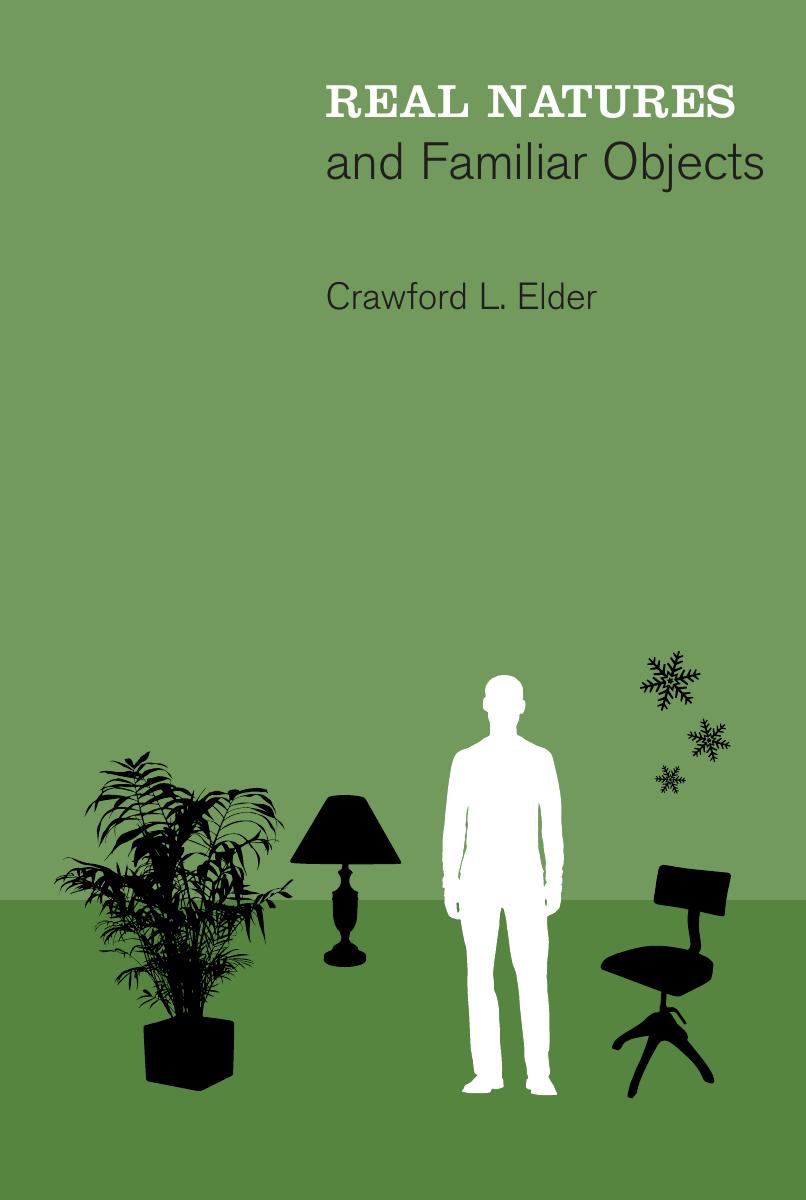

Most ebook files are in PDF format, so you can easily read them using various software such as Foxit Reader or directly on the Google Chrome browser.
Some ebook files are released by publishers in other formats such as .awz, .mobi, .epub, .fb2, etc. You may need to install specific software to read these formats on mobile/PC, such as Calibre.
Please read the tutorial at this link: https://ebookbell.com/faq
We offer FREE conversion to the popular formats you request; however, this may take some time. Therefore, right after payment, please email us, and we will try to provide the service as quickly as possible.
For some exceptional file formats or broken links (if any), please refrain from opening any disputes. Instead, email us first, and we will try to assist within a maximum of 6 hours.
EbookBell Team

4.3
68 reviewsIn Real Natures and Familiar Objects Crawford Elder defends, with qualifications, the ontology of common sense. He argues that we exist―that no gloss is necessary for the statement "human beings exist" to show that it is true of the world as it really is―and that we are surrounded by many of the medium-sized objects in which common sense believes. He argues further that these familiar medium-sized objects not only exist, but have essential properties, which we are often able to determine by observation. The starting point of his argument is that ontology should operate under empirical load―that is, it should give special weight to the objects and properties that we treat as real in our best predictions and explanations of what happens in the world. Elder calls this presumption "mildly controversial" because it entails that arguments are needed for certain widely assumed positions such as "mereological universalism" (according to which the sum of randomly assembled objects constitutes an object in its own right).
Elder begins by defending realism about essentialness (arguing that nature's objects have essential properties whose status as essential is mind-independent). He then defends this view of familiar objects against causal exclusion arguments and worries about vagueness. Finally, he argues that many of the objects in which common sense believes really exist, including artifacts and biological devices shaped by natural selection, and that we too exist, as products of natural selection.